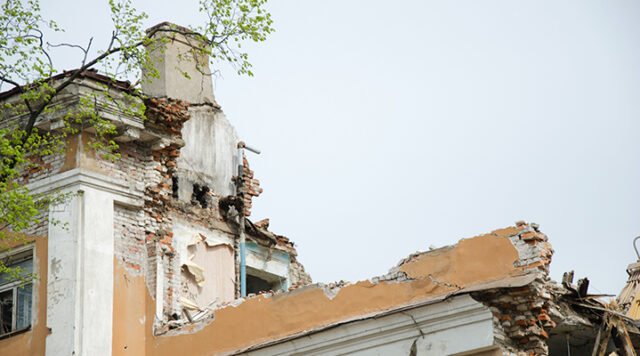Keeping the right documents before and after an earthquake can make or break your insurance claim. It’s not just paperwork, it’s your backup plan when disaster strikes.
Why Earthquake Claims Require Solid Documentation
Imagine this: your home shakes violently during a quake, walls crack, and your belongings tumble to the ground. You may be safe now, but without proper records, your insurance claim could face trouble. That’s why documentation matters most.
In California, earthquakes are a real threat. So, insurance companies want proof before they pay out for damages. That means your photos, videos, receipts, and written notes matter more than ever. If you don’t have them, your claim might take longer, and you might get less help than you need.
What to Document Before an Earthquake
Real preparation means more than just emergency supplies like water and flashlights. It’s also about having a “damage baseline” for your home. Here’s what to do before the next quake hits:
- Take photos of each room: Get wide shots and close-ups of valuable items like TVs, laptops, and furniture.
- Record serial numbers: Jot down the model and serial numbers of appliances and electronics.
- Save receipts: Keep copies (digital and printed) of anything expensive that you bought for the house.
- Store important papers: Keep insurance policies, home deeds, and warranties in a waterproof folder, or better, back them up in cloud storage.
Doing this before an earthquake can help show your home’s original condition, making it easier to prove what was damaged or lost later.
What to Document After an Earthquake
Once it’s safe to go back inside, don’t clean up right away. First, document everything.
- Take new photos: Snap pictures of cracked walls, broken pipes, fallen ceilings, whatever changed.
- Make a list: Write down what was damaged or destroyed. Be honest, but detailed.
- Keep repair estimates: If you call in contractors for repairs or inspections, hold onto those reports and quotes.
- Save receipts again: Anything you buy during this period, temporary housing, food, repairs, can be useful for your claim.
Every detail counts. Insurers look for solid proof when reviewing your earthquake claim, so the more you have, the better.
Common Mistakes People Make
A lot of people think, “I’ll deal with that later.” But when it comes to earthquake claims, waiting too long can lead to missed opportunities. Here are some slip-ups to avoid:
- Not taking photos before or after the quake
- Tossing damaged items without documenting them
- Relying only on memory instead of written or visual records
- Losing receipts or not collecting estimates
Even a small oversight can create confusion when you’re trying to prove what got damaged and how badly.
How Earthquake Claim Assistance in California Can Help
Sometimes, the claim process can get tricky, especially if your damage isn’t obvious or your documents are incomplete. That’s where earthquake claim assistance in California steps in.
These professionals help walk you through the process, explain what paperwork you still need, and make sure everything is submitted the right way. They don’t make decisions for the insurance company, but they can guide you toward the strongest possible claim.
This kind of help can be especially valuable after a major earthquake when many homeowners are submitting claims at the same time.
Earthquake Insurance Help in Long Beach: A Local Snapshot
Long Beach has its own set of risks. It’s close to major fault lines, so being ready for the “Big One” isn’t just smart, it’s necessary.
Many residents in this area turn to earthquake insurance help in Long Beach to understand their policies, update their documentation, or get guidance after a tremor. Local experts often know what’s common in the area, like certain types of structural damage or soil shifting, that could be important for your claim.
Whether you live in a small apartment or a large house, keeping your records in order is key. And if you ever need to file a claim, local knowledge can be a major advantage.
In the END!
If you’ve made it this far, here’s the bottom line: documentation is your secret weapon when filing earthquake insurance claims. It helps prove what was damaged, supports your request for coverage, and keeps things moving smoothly.







